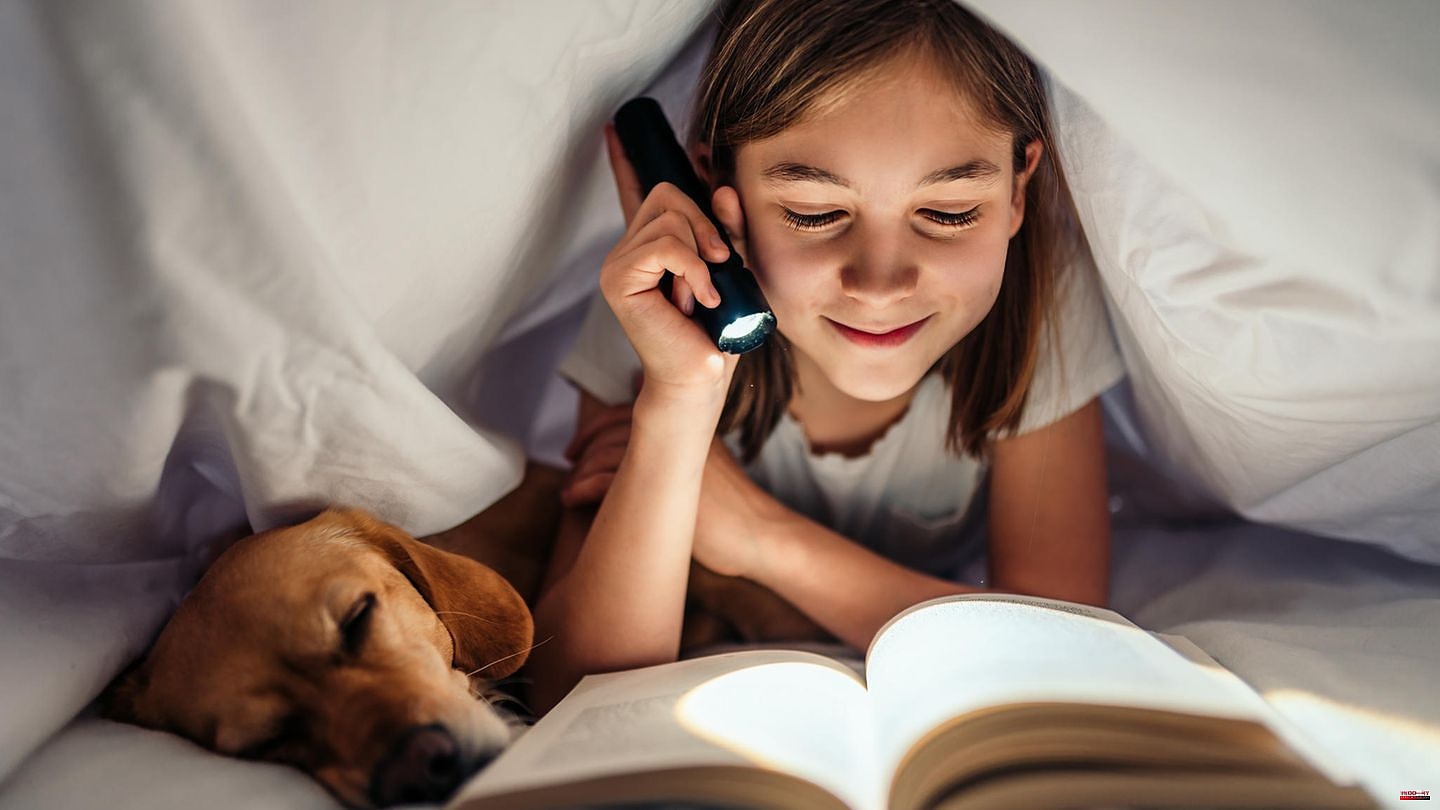A few weeks ago it happened again: One of my daughters had a so-called learning development talk and it took exactly two minutes until he said the sentence that I associate with the subject of school like no other: "You should get involved more ." I first heard it, or rather read it, about 40 years ago, namely on my first report card, and from then on on every subsequent one, and ever since my eldest daughter started school and then child two, three, four, it has accompanied me me again, setting a stitch each time. "Can't they just leave me alone?" my daughter said when we went home after the appointment, sounding annoyed but also sad.
There are people who would like to share more, but don't dare and suffer from this fear. That's not nice, and they should be helped, not least by teachers (brief side note: the mere request "Say something (more often)" helps just as much in these cases: namely not at all). But apart from that, there are just quieter people and those who are more communicative. Whether you are introverted or extroverted is a personality trait and therefore quite stable. I tend to be the former, and so are my children, as different as they are overall, and that's totally fine. At least it should be.
Unfortunately, we live in a world that is made for extroverts. It is always important to be flexible, to draw attention to yourself, to sell yourself well, to assert yourself. On the other hand, those who need time to adjust to new things - be it unfamiliar situations or people - who don't like to be the center of attention and appreciate being alone, who prefer to observe or think before they act will lose out. No wonder introversion has become what US author Susan Cain calls a second-rate personality trait. According to surveys, many of us would like to be more extroverted, but practically nobody has the opposite wish, namely to become more introverted. That seems to be working to some extent: for a few generations, people in western countries have become increasingly extroverted. But the differences between extros and intros also go back to tangible biological differences in the brain and nervous system, which don't change that quickly. So there are still quieter children and young people; it just got a lot more uncomfortable for them.
Like a left-hander in a right-handed world, that's how it feels to be an introverted child these days, writes Swedish author Linus Jonkman, comparing the way we deal with the silent back when we were students in the classroom the fingers were beaten when they wrote with the "wrong" hand, i.e. the left hand. Because yes, we often treat the silent ones as if something is wrong with them and as if they urgently need to change. Please open your mouth. Don't be so shy. Now go to the others, they play so beautifully. Everything often belongs at children's birthday parties, at family celebrations, in swimming courses. And especially at school!
The pathologization of breastfeeding is also increasing. When one of our daughters had difficulties adjusting after starting school because everything was too new, too much and too loud for her, her teacher thought she must be traumatized and gave me a very reproachful look. And the child and adolescent psychiatrist Christian Bachmann, who determined from data from the AOK that the increase in autism cases is probably also due to a large number of misdiagnoses, suspects that some of these children are simply shy. Again, shyness is different from introversion—although there are children and adults who are both—but at least they have in common that they're fairly normal.
The other variant of how the quiet ones are met is no less sad: they are simply overlooked. Studies show that after a school year, teachers usually only remember those in the class who had excelled in some way, be it in a negative sense through aggressive or disruptive behavior, while literally forgetting the quiet ones. Of course, one can now say that many quieter children also appreciate not being the focus of attention, but like everyone else they have a need for recognition. However, those who are not noticed at all can hardly feel accepted. According to Georg Stöckli, educator and former professor at the University of Zurich, it can also happen that children are downright accused of being still. According to the motto: "You could do it, but you just don't do it in class".
But the strengths of the quiet lie in other areas: for example, they are often very empathetic, they can listen and observe carefully, be concentrated and persistent, they are imaginative and independent in their thinking and actions. And I'm not the only one saying that as an introverted mother of introverted children, it's been confirmed by numerous studies. Sure, intros are rarely as spontaneous as extros, they are seen as hesitant or even anxious. But that, too, is a question of perspective: if you're reserved, you don't get lost so quickly. That thoughtfulness seems to have gone out of fashion doesn't change its value.
Unfortunately, our noisy and increasingly noisy world often makes it difficult for introverts to show their strengths. This isn't unique to school, but it would be a good place to start counteracting it. I'm not giving up hope that at some point in one of my children's next learning development talks the sentence will come up: keep calm as you are!












